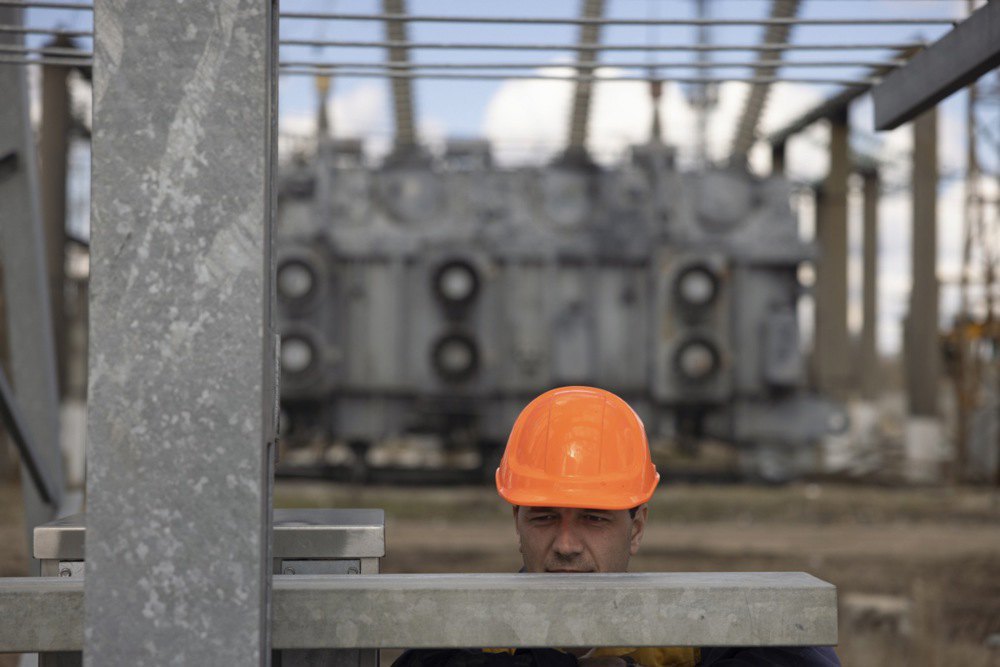
Restrictions for businesses: it is too early to count losses
Due to the shortage of generation during peak hours, Ukrenergo is forced to limit electricity consumption by businesses. However, the situation is fluid, so restrictions are not applied every day. It all depends on many factors, such as the weather. On hot days, for example, consumption increases.
"We have two main problems. First, there is a shortage of generation. And secondly, there is a lack of capacity to transfer this generation directly to the consumer because substations are under constant shelling. Restrictions are being introduced in many regions for industrial consumers. Except in Kharkiv and Dnipropetrovsk Regions, because the restrictions apply to everyone there," explained Volodymyr Omelchenko, director of energy programmes at the Razumkov Centre.
The consumption limit for enterprises varies and depends on a number of factors. The restrictions usually apply in the evening, so one of the options is to adjust the work schedule.
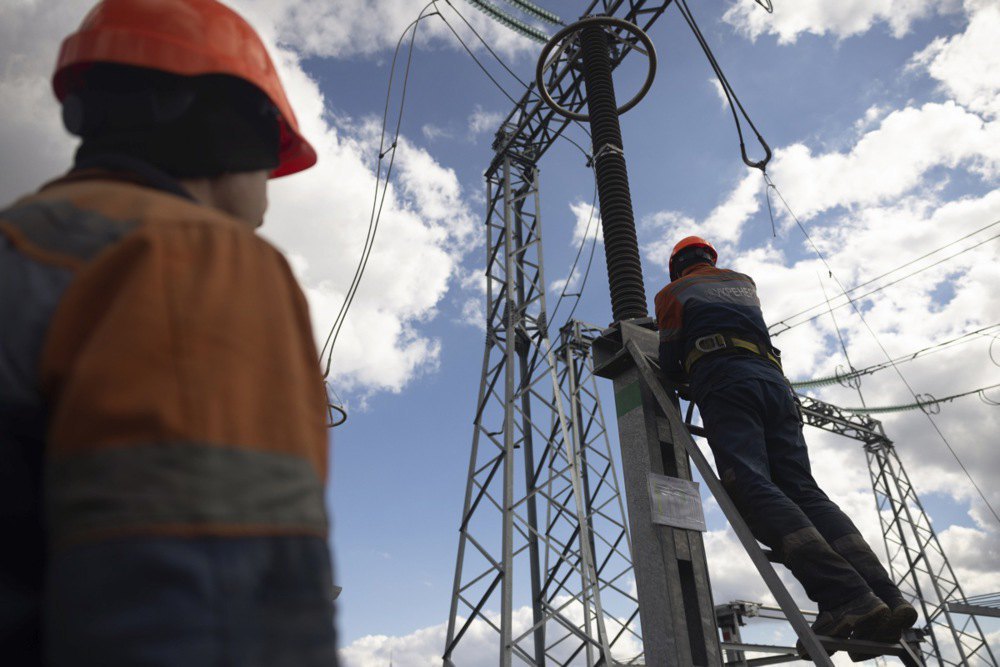
The restrictions do not apply to the defence industry or critical infrastructure companies. There is a certain problem with the latter, because their list often includes businesses that are hardly vital for the country. For example, hotels or sports complexes. A full revision of the lists of critical infrastructure facilities is still underway, involving both government officials and regional military administrations.
The economic damage from the restrictions on industrial electricity consumption is still difficult to estimate. The European Business Association reported that entrepreneurs have not yet filed complaints with them. They say that entrepreneurs understand the seriousness of the situation.
Meanwhile, Ukrenergo explained that consumption limits are a necessary step, and the state has no other option. And he urged entrepreneurs to start preparing for the winter, in particular, to take care of their own small generation.
"Given the situation and our forecasts, we are in a state of stable deficit in the energy system. Every business has the potential to become more energy sustainable. Our task as a power system operator is to ensure that new power plants not only ensure reliability, but also make money on them, so that they are economically viable and pay off," said Volodymyr Kudrytskyy, Chairman of the Board of Ukrenergo.
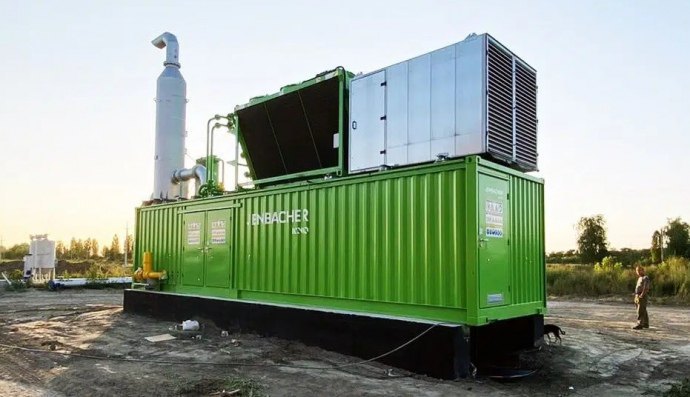
The government emphasises that imports help the state to avoid power outages. Although its volume is limited: it is only 1.7 GW. But for now, this is enough - it is the low-consumption season in the country. The government encourages businesses to buy electricity abroad - the legislation both allows and encourages this.
Companies that have contracted the resource will avoid restrictions even if blackout schedules are implemented in the cities where they are located. The Cabinet of Ministers introduced such preferences last autumn, and the government also set out specific figures. The volume of electricity imports that will protect the company from blackouts should reach half of the consumption during the heating season and a third from May to September.
"We urge businesses to use import opportunities so that we can increase the amount of electricity within the country. There are hours when we do not choose this import. Therefore, we are now working with enterprises and businesses to contract electricity imports as much as possible, thereby guaranteeing their electricity supply and strengthening the resilience of the power system," said Energy Minister Herman Halushchenko.
The only thing that businesses which import electricity are not insured against is emergency blackouts. Ukrenergo introduces these measures if there is a significant risk to the safe operation of the country's power system.
Expensive emergency aid instead of imports
In fact, all last week Ukraine had to ask for emergency assistance from abroad. "We are talking about evening consumption peaks, while there are no problems during the daytime. Solar power plants are operating at full capacity, sometimes even generating a surplus, which allows for the export of electricity, but in insignificant volumes on a national scale.
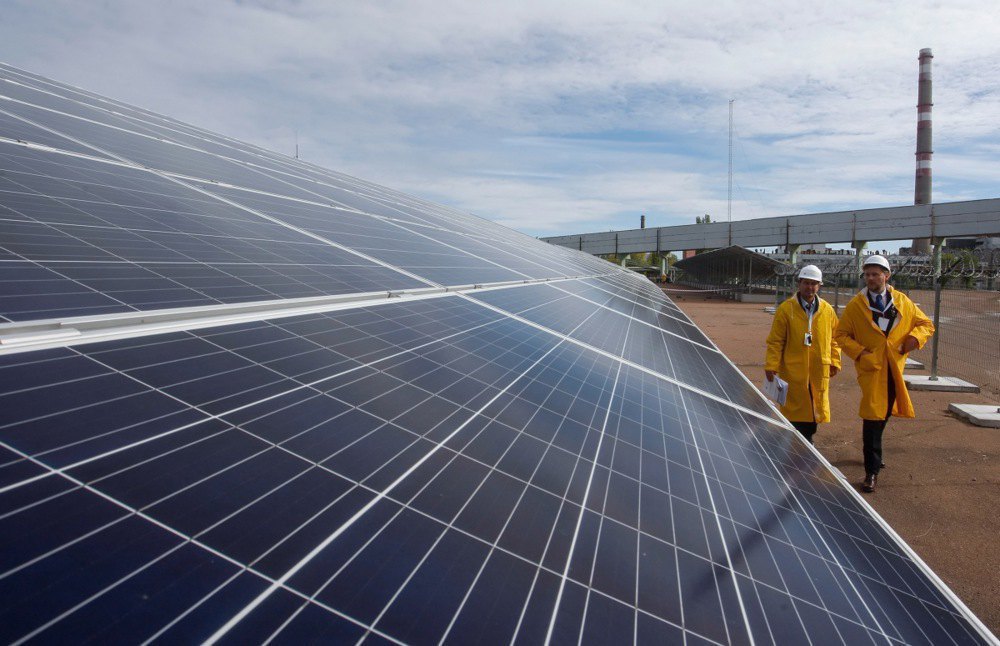
At the same time, emergency imports are the most expensive electricity on the market. And the problem here lies in the Ukrainian bureaucracy - in the price cap mechanism, which makes regular purchases of electricity from abroad unprofitable. As a result, the state pays almost a double tariff.
Ukrenergo is hostage to the situation, so it buys electricity under the emergency aid mechanism, which is much more expensive than the market price. At the same time, the NCREPU proposes to revise price caps on the Ukrainian electricity market only at night. When there is no electricity shortage. Raising price caps only at night will not change the situation with the daytime electricity shortage," former Energy Minister Olha Buslavets said.
Last weekend, Russia again attacked Ukraine's energy sector on a massive scale. Russia used 34 missiles, including Kinzhal missiles. Thermal power plants and gas storage infrastructure in the west of the country have once again come under attack.
"Half of our energy system is damaged, and we still have to run the country, conduct military operations and enlist the support of the whole world," said Ukraine's Foreign Minister Dmytro Kuleba.
Since March, when a new wave of active shelling began, Ukraine has lost about 7 GW of generation capacity, according to the Ministry of Energy. And this is a huge figure - even more than the total capacity of Europe's largest nuclear power plant, Zaporizhzhya NPP, which was occupied by the Russians.

Small gas generation: does the government have a plan B?
The energy regulator (NCREPU) has finally simplified the procedures for installing small gas generation. There are two important changes: the timeframe for connecting such equipment to the grid has been reduced so that it does not take months. The regulator has also reduced the amount of supporting documentation, as it was often paperwork that hindered the operation of such facilities.
"This is an important decision to realise Ukraine's energy security. The regulator should create the most favourable conditions for the rapid connection of generation, including cogeneration and gas piston plants. This decision will allow investors and other stakeholders to simplify the conditions for connecting to the gas distribution system networks," said Konstantin Ushchapovsky, a member of the NCREPU.
The Cabinet of Ministers has not announced any plans to purchase small gas-fired generating units. Government officials only emphasise that decentralisation of the energy sector is the main task for the coming months. Our foreign partners are helping us: for example, we plan to buy gas turbines from the Ukrainian Energy Support Fund - we are talking about several such units with a capacity of up to 30 MW each. They are multifunctional. "They will help balance the system during peak loads. They will become a source of power for critical infrastructure. Or they will help launch power plants after an accident. The only question is the number of such gas turbines that Ukraine will have time to purchase before winter.
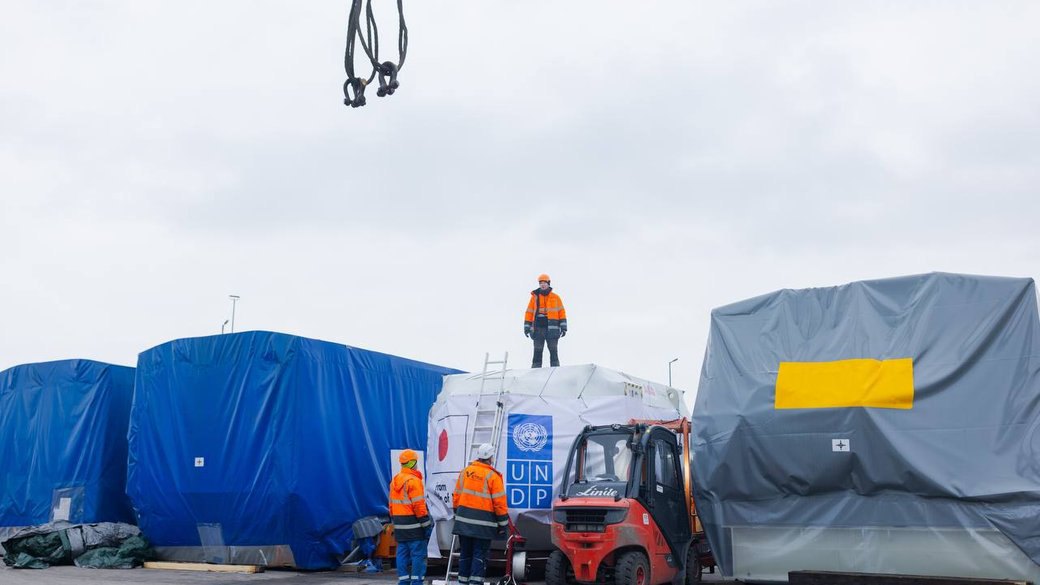
Restoring generation: where to get the money
The damage to Ukraine's energy sector from Russian attacks is over $11 billion, without the damage caused by the recent attacks, which is still being assessed by the Cabinet of Ministers.
The government has once again refused to raise electricity tariffs for households. The preferential tariff will be extended, however, only until the end of May. We are talking about assigning special obligations to the state-owned companies Energoatom and Ukrhydroenergo. It is from their own revenues that they cover the difference between the market tariff and the price of electricity for household consumers.
"The government is facing a serious challenge: where to find the funds to cover the unprofitable tariff for the population. It is now clear that donors will not be able to raise the necessary funds to finance the tariff for households. So what will happen to the tariff? And whether the majority of the population is aware of how difficult the situation is and that the government will simply have to raise the tariff. In general, there are already a lot of questions. The lack of answers and communication on these issues is alarming. And in May, when we will face the schedules of blackouts, similar questions will start to appear in society," said Andrian Prokip, energy expert at the Ukrainian Institute for the Future.
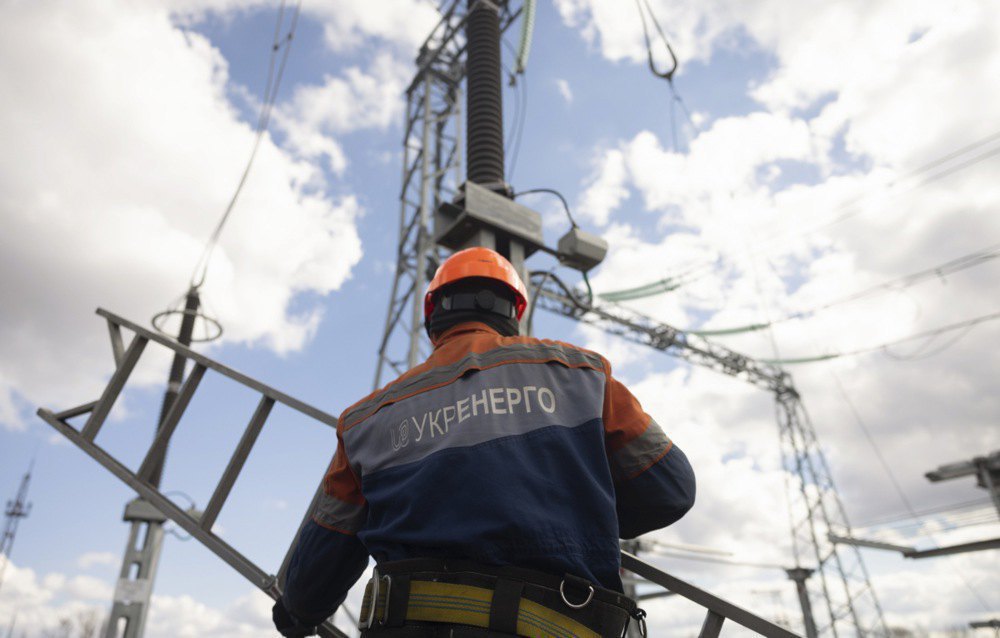
Ukraine's international creditors do not require any changes in the cost of electricity for households. Only in the long term, the Cabinet of Ministers should develop a special document that will describe clear criteria for calculating the cost of utilities. The last change in the electricity price for households was made on 1 June last year, when the tariff increased to UAH 2.64 per kilowatt. And this has worked, the government says.
"The slight increase in the tariff that took place in 2023 made it possible to add 3 GW to the power system, which allowed the heating season to go through safely and sustainably," said Deputy Energy Minister Mykola Kolisnyk.
The market price of electricity hovers around UAH 5-6 per kilowatt. The current tariff does not even cover the cost of production and delivery. As a result, cheap electricity for households is too expensive for the state - about UAH 100 billion a year. And this is against the backdrop of the fact that half of the country's budget revenues are actually financial assistance from foreign partners. This year, Ukraine expects to receive more than $37 billion.
"The electricity that the population receives has several components: the energy itself, delivery and the supplier's remuneration. Let's start from the end: 8-20 kopiykas is the tariff for the services of a universal service provider (energy sales). 52 kopiykas is the tariff for Ukrenergo's transmission services. 1.30-2.63 is the tariff for regional distribution services plus VAT. If we take the arithmetic average of all operators, we get UAH 2.83 including VAT. This is how much it costs to deliver a kilowatt-hour of electricity from a power plant to a home," calculated Svyatoslav Pavlyuk, Executive Director of the Association Energy Efficient Cities of Ukraine.
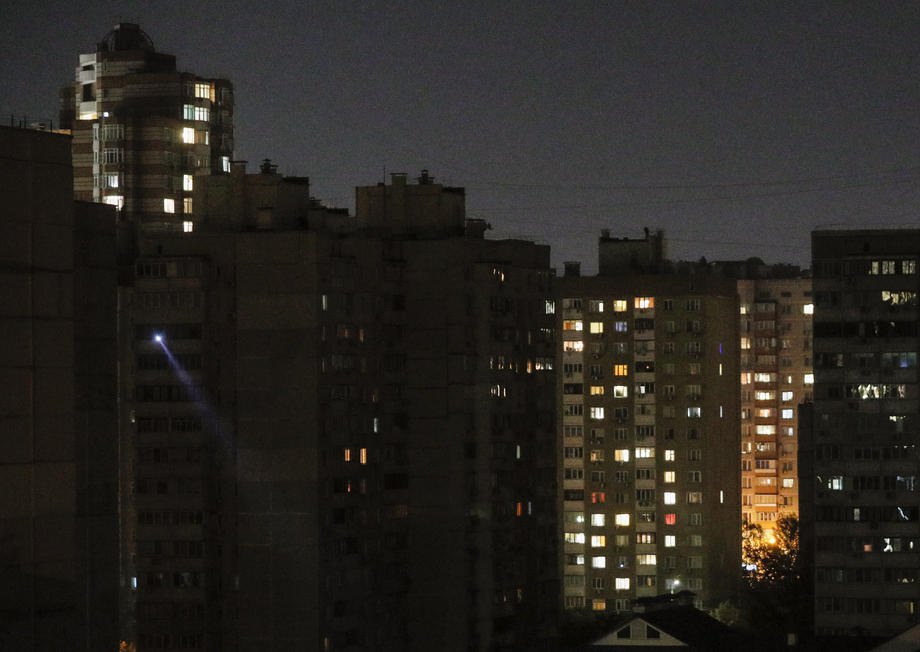
According to the State Energy Supervision Service, electricity consumption in Ukraine will increase by 20-30% in the summer. The agency added that it hopes that daytime peaks will be covered by the generation of solar power plants. However, this is only a partial solution to the problem: the situation will be much worse in winter. Along with the development of small gas generation, Ukraine should initiate negotiations to increase the limits on electricity imports from the EU, energy experts of the Razumkov Centre are convinced. We are talking about a twofold increase - the need for imported electricity could reach 3 GW.








